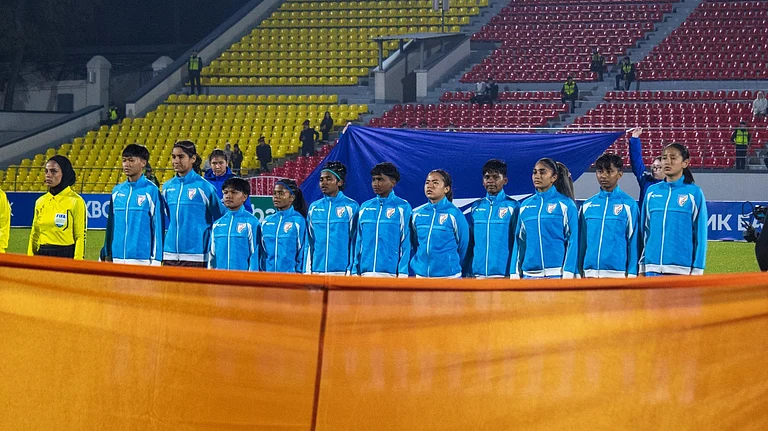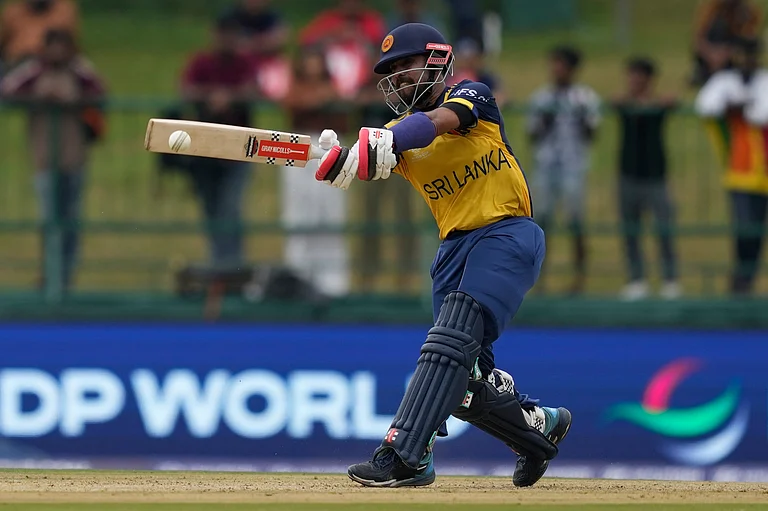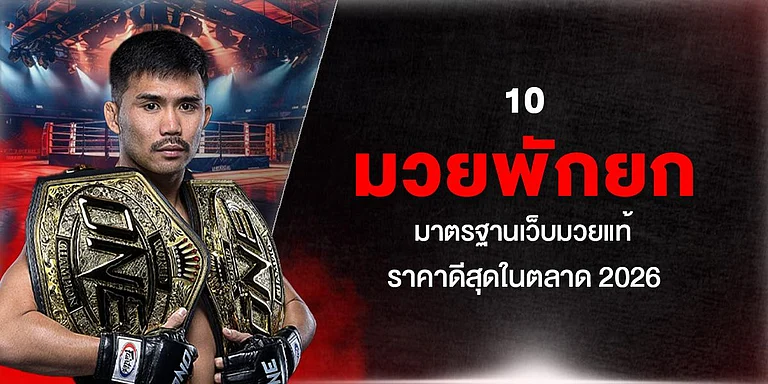Politicians, petitioners and other big names are reacting to Supreme Court’s verdict declaring the 2019 scrapping of Article 370 in Jammu and Kashmir as “valid”.
Former J&K Chief Minister and National Conference leader Omar Abdullah took to X to share his “disappointment” on the ruling.
“Disappointed but not disheartened. The struggle will continue. It took the BJP decades to reach here. We are also prepared for the long haul,” his post read.
Mehbooba Mufti said, "The people of J&K are not going to lose hope or give up. Our fight for honour and dignity will continue regardless. This isn’t the end of the road for us."
Omar Abdullah had earlier tweeted that his gate had been chained by “police force” ahead of the Supreme Court verdict and Mehbooba Mufti was also believed to be under house arrest.
Senior Advocate Kapil Sibal who had argued for four days during the 16-day hearings and had been one of the main faces from the petitioners side had shared a post on X before the verdict.
The post read, “Courts…Some battles are fought to be lost. For history must record the uncomfortable facts for generations to know…The right and wrong of institutional actions will be debated for years to come. History alone is the final arbiter of the moral compass of historic decisions.”
The Supreme Court today upheld its decision on the validity of Article 370 and said the Constituent Assembly of J&K was never intended to be a permanent body and when it ceased to exist, the special condition for which Article 370 was introduced ceased to exist.
The apex court also ordered the restoration of J&K statehood and upheld the validity of the decision to carve out the Union Territory of Ladakh.
PM Modi took to X describing the judgedment as a “resounding declaration of hope, progress and unity”.
In his post he said, “Today's Supreme Court verdict on the abrogation of Article 370 is historic and constitutionally upholds the decision taken by the Parliament of India on 5th August 2019; it is a resounding declaration of hope, progress and unity for our sisters and brothers in Jammu, Kashmir and Ladakh.”
Home minister Amit Shah said, “It is once again the Jammu, Kashmir, and Ladakh that always belonged to our nation and will continue to be so.”
Deputy Chief Ministry of Mahashtra termed the verdict as a "Huge victory for India" and said, "J&K is an integral part of India & Hon President has all the rights to revoke Article 370."
Uttar Pradesh CM Yogi Adityanath also extended his "heartfelt gratitude" on behalf of the "25 crore" people of his state for "for the historic work of connecting Jammu and Kashmir with the mainstream of the country under the leadership of respected Prime Minister Shri Narendra Modi Ji."
Democratic Progressive Azad Party president Ghulam Nabi Azad told ANI, "Supreme Court is the apex court, we can't pass judgment on it but its verdict was awaited for the past 4 years - ever since Article 370 was scrapped by the Parliament. People of J&K, including me, were hopeful about both Article 370 and 35A...The scrapping of 35A will put a lot of pressure on our land and jobs."
Congress leader P Chidambaram told ANI that he, "respectfully disagree(d) with the judgment on the manner in which Article 370 was abrogated".
President of the All India Majlis-e-Ittehad-ul-Muslimeen (AIMIM) Asaduddin Owaisi expressed his disappointment in a post shared on X. He said, "In 2019, the CJI spoke at a seminar and said that 'public deliberation will always be a threat to those who achieved power in its absence', the question is whether you can abrogate the special status of a state by putting the whole state in curfew, while it is subject to Article 356, and without an elected legislative assembly in place? Who in Kashmir had the right to deliberate on August 5?
"Federalism means that the state has its voice and in its area of competence, it has complete freedom to operate. How is it that Parliament can speak in place of the Assembly? How is it that Parliament can pass a resolution that was to be passed by the Assembly in the constitution? For me, the manner in which 370 was abrogated was a violation of constitutional morality," he added.


























